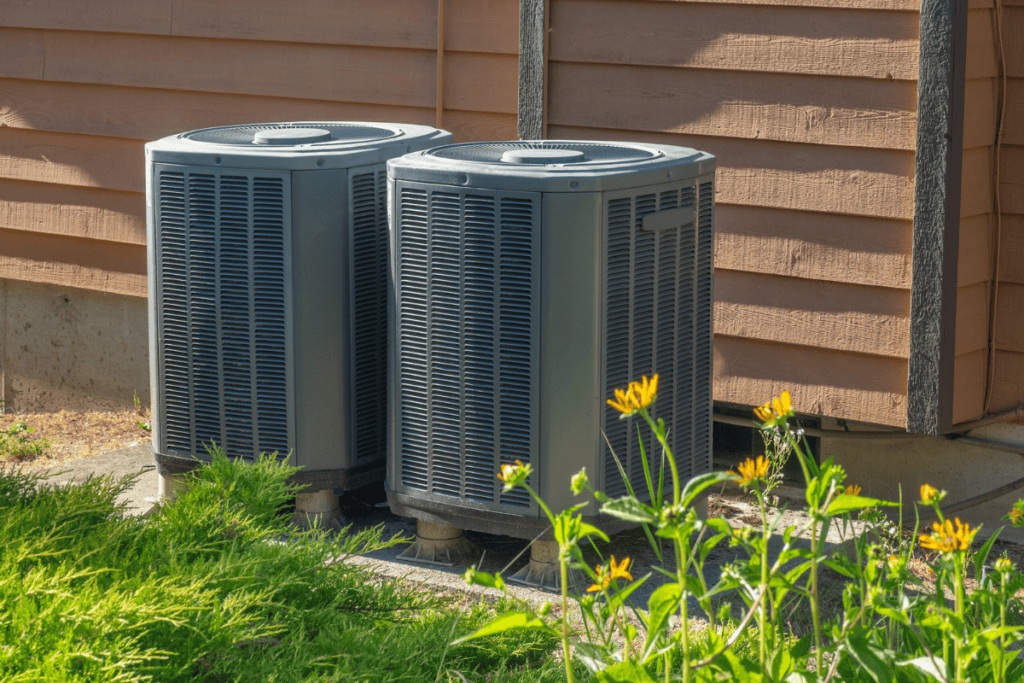When it comes to replacing an ac unit, we are not sure how much time the process takes. According to HVAC experts it takes 4 to 8 hours for air conditioners alone but when replacing both the AC and furnace, the process can take 8 to 14 hours. However, the actual installation time depends on several factors, such as the size of the AC unit, the size of your home, the installation location, and even the weather.
According to the U.S. Department of Energy, most central AC systems are designed to last for about 15-20 years before the compressor wears out. When it’s time for a replacement, homeowners might be surprised to learn that today’s energy-efficient models use 39% less energy than their 1990 counterparts.
Knowing how long an AC replacement takes helps in planning your day for minimal disruption to your daily life. In this article, we’ll discuss the factors that influence installation time and what you can expect during the process of replacing your air conditioner.
Contents
- 1 Factors Affecting Replacement Time
- 2 Signs Your Air Conditioning System Needs Replacement
- 2.1 1. Excessive Noise
- 2.2 2. Unpleasant Odors
- 2.3 3. Slow Performance
- 2.4 4. Frozen Coils
- 2.5 5. Overheating Problems
- 2.6 6. Uneven Temperatures
- 2.7 7. Increased Energy Usage
- 2.8 8. Humidity
- 2.9 9. Aging HVAC System
- 2.10 10. Electrical Issues
- 2.11 11. Frequent Repair Bills
- 2.12 12. Frequent Short Cycling
- 2.13 13. Poor Airflow
- 3 Best Time To Replace Your HVAC System
- 4 DIY Or Professional AC Replacement?
- 5 Choose HVAC Angel For Replacing Your AC Unit
- 6 Frequently Asked Questions (FAQs)
Factors Affecting Replacement Time
The time it takes to change an AC unit can vary depending on several factors. Let’s explore the main aspects that influence the installation time for a new air conditioner:
1. Size of the Unit
A smaller unit can be installed faster than a larger, bulkier one. The size of the air conditioner directly impacts how long the replacement process will take.
2. Size of Your Home
The size of your home also plays a role in the installation time. Larger homes with more square footage will typically take longer to install an AC unit, as there is more area to cover and more ductwork involved.
3. HVAC Type
The type of air conditioning system you have will significantly affect the replacement time:
1. Central AC systems are the most complex to change, taking anywhere from 6 to 12 hours due to extensive ductwork and electrical connections.
2. Ductless split air conditioner systems are less complex and don’t require ductwork, taking around 4 to 8 hours to install.
3. Window or wall-mounted units are relatively straightforward, usually completed within 2 to 4 hours.
4. Portable air conditioners are the least complex, typically taking around 1 to 2 hours to set up ventilation and connect to a power source.
4. The Type of Installation
The scope of the installation also determines how long the process will take:
1. A changeout, where you replace your existing air conditioner with a new one while keeping the rest of the HVAC system the same, usually needs a few hours.
2. A full system replacement, which involves changing or installing ductwork and rewiring thermostats, can take 3-5 days.
5. The Location of the Air Conditioner
The location of your AC unit can impact the installation time, with some areas being more challenging for installing different types of air conditioning systems. Units located in the basement, upper floors, or highly mounted positions may take longer due to accessibility challenges.
Signs Your Air Conditioning System Needs Replacement
1. Excessive Noise
If your air conditioner is making unusual or loud noises, it may be a sign that the unit needs to be changed, with a more efficient new air conditioner. These noises can indicate worn-out components or a failing compressor, which may require a new AC unit installation.
2. Unpleasant Odors
Strange odors coming from your AC unit can be a sign of mold growth within the system. According to the Centers for Disease Control and Prevention (CDC), mold can be dangerous for your health, causing allergies. If you notice persistent, unpleasant odors, it may be time to discard your old system and install an air conditioner.
3. Slow Performance
If your AC takes longer to cool your home or struggles to maintain the desired temperature, it could be a sign that the unit is nearing the end of its lifespan. As air conditioners age, their efficiency decreases, and they may take more time to provide adequate cooling.
4. Frozen Coils
Frozen evaporator coils can indicate a variety of issues, such as low refrigerant levels or poor airflow. If you notice ice buildup on your ac unit, it may be time to consider a replacement of your old system, as attempting to repair the issue could be more costly in the long run.
5. Overheating Problems
If your air conditioner is constantly running but not effectively cooling your home, it may be overheating. This can be a sign that the unit is working harder than it should, indicating that it may need to be replaced with a newer, more efficient model.
6. Uneven Temperatures
Uneven temperatures throughout your home can suggest that your AC system is struggling to distribute cool air evenly. This may be due to a failing compressor, leaky ducts, or an aging air conditioner that can no longer keep up with the cooling demands of your home.
7. Increased Energy Usage
If you notice a significant increase in your energy bills without a corresponding increase in usage, it could be a sign that your air conditioner is losing efficiency. As AC units age, they tend to consume more energy to maintain the desired temperature.
8. Humidity
According to the Centers for Disease Control and Prevention, humidity levels should be less than 50% for a comfortable environment. If your AC unit is not effectively regulating humidity, it may be time to consider a replacement. High humidity levels can lead to mold growth and other health issues.
9. Aging HVAC System
The average lifespan of an air conditioner is between 10 and 15 years. If your AC unit is approaching or has exceeded this age, it may be time to start planning for a replacement. Even if your older unit seems to be working fine, it may not be operating as efficiently as newer models, which could result in higher energy bills and reduced comfort.
10. Electrical Issues
Electrical problems, such as tripped breakers or blown fuses, can indicate that your air conditioning unit is drawing too much power or has a wiring issue. If you notice frequent electrical issues related to your AC, it is time to consider a replacement to avoid safety hazards.
11. Frequent Repair Bills
If you find yourself constantly calling for AC repairs and spending money on fixing your unit, it might be more cost-effective in the long run to replace the system. Frequent repairs can add up quickly, and investing in a new, more reliable AC system may be the better choice.
12. Frequent Short Cycling
Short cycling occurs when your air conditioner turns on and off quickly, without completing a full cooling cycle. This can be a sign of an oversized unit, a faulty thermostat, or other issues. Short cycling can lead to increased wear and tear on your AC, reducing its lifespan and efficiency.
13. Poor Airflow
Poor airflow from your AC vents can indicate several issues, such as a clogged air filter, damaged duct system, or a failing blower motor. According to the Environmental Protection Agency, air filters should be changed every 1-3 months to maintain proper airflow and indoor air quality.
Best Time To Replace Your HVAC System
If you’ve determined that your air conditioner needs to be replaced, right timing of the replacement can help you in many ways. Typically, the off-season, which includes the fall and spring months, is the best time to install a new unit.
During mild weather when business slows down, HVAC contractors are often more readily available and are usually more willing to lower prices and offer discounts. This can help you save money on your AC installation and also shorten the time it takes to install an ac.
In addition to potential cost savings, replacing your AC unit during the off-season will make your new system to be ready to handle the cooling demands of the summer months. You won’t have to worry about your old unit breaking down during a heatwave, leaving you without air conditioning when you need it the most.
DIY Or Professional AC Replacement?
Replacing your air conditioner is not a DIY project. Attempting to install a new AC unit yourself can lead to serious issues and dangerous situations. Here’s why you should always rely on a professional HVAC contractor:
1. Complexity: Replacing an air conditioner involves delicate work, such as balancing your duct system and retrofitting the new unit to your existing system. HVAC professionals have the knowledge, skills, and tools to handle these complex tasks.
2. Safety: Air conditioners contain hazardous refrigerants that require proper handling and disposal. Improper installation can also lead to electrical and fire hazards.
3. Efficiency: A professional HVAC contractor will make sure that your new AC unit is properly sized for your home, optimizing efficiency and longevity and will take care of other issues too.
4. Warranty: Many AC manufacturers require professional installation to maintain the validity of their warranties.
5. Time and Stress: Hiring a professional saves you time and hassle, your AC replacement is completed quickly and efficiently without you having to worry.
Choose HVAC Angel For Replacing Your AC Unit
When it comes to replacing your air conditioner, seeking professional help is best so that your new unit can be installed safely. At HVAC Angel, our team of highly skilled and experienced HVAC contractors is dedicated to providing top-notch AC replacement services.
We understand that every home is unique, which is why we take the time to assess your specific needs and recommend the best system for your space. Our technicians are trained to handle all types of air conditioners, from central air systems to ductless mini-splits. We make sure that your new unit is installed correctly and optimized for maximum performance.
With HVAC Angel, you can trust that your replacement will be completed promptly and professionally, minimizing disruption to your daily life.
Frequently Asked Questions (FAQs)
1. How long does it take to install central air without existing ductwork?
Central air conditioner installation without existing ductwork can take anywhere from 3 to 5 days, depending on the size of your home and the complexity of the installation.
2. Does a new AC unit come with ductwork?
No, a new unit typically does not come with ductwork. The duct system is a separate component of your system that is designed to distribute conditioned air throughout your home.
3. Is it hard to replace an AC unit?
Replacing an AC unit is a complex process that requires specialized knowledge and tools. The process involves tasks such as removing the old system, connecting refrigerant lines, and installing the new air conditioning system.
4. Why is AC replacement so expensive?
AC replacement can be expensive due to the cost of the new unit, labor costs for installation, and any necessary modifications to your existing system or duct system. Additionally, the size and efficiency of the new unit, as well as the complexity of the installation, can impact the overall cost.
5. Is it better to repair or replace an AC?
If your unit is relatively new and the repairs are minor, it may be more cost-effective to repair it. However, if your unit is old, inefficient, or requires frequent repairs, replacing it with a new, more energy-efficient model may be the better long-term solution.

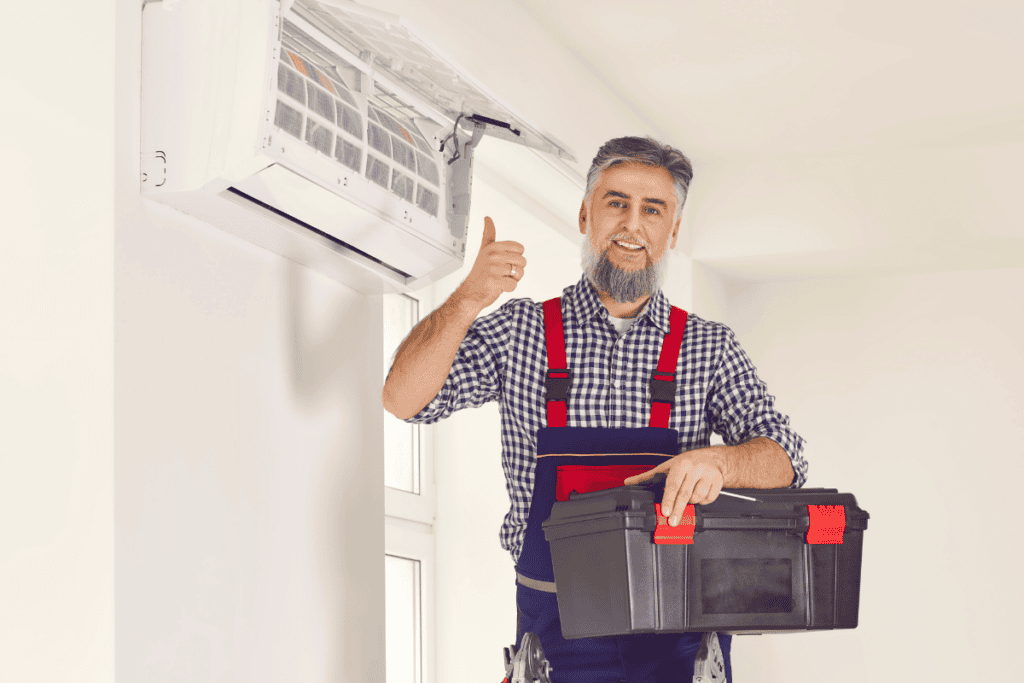
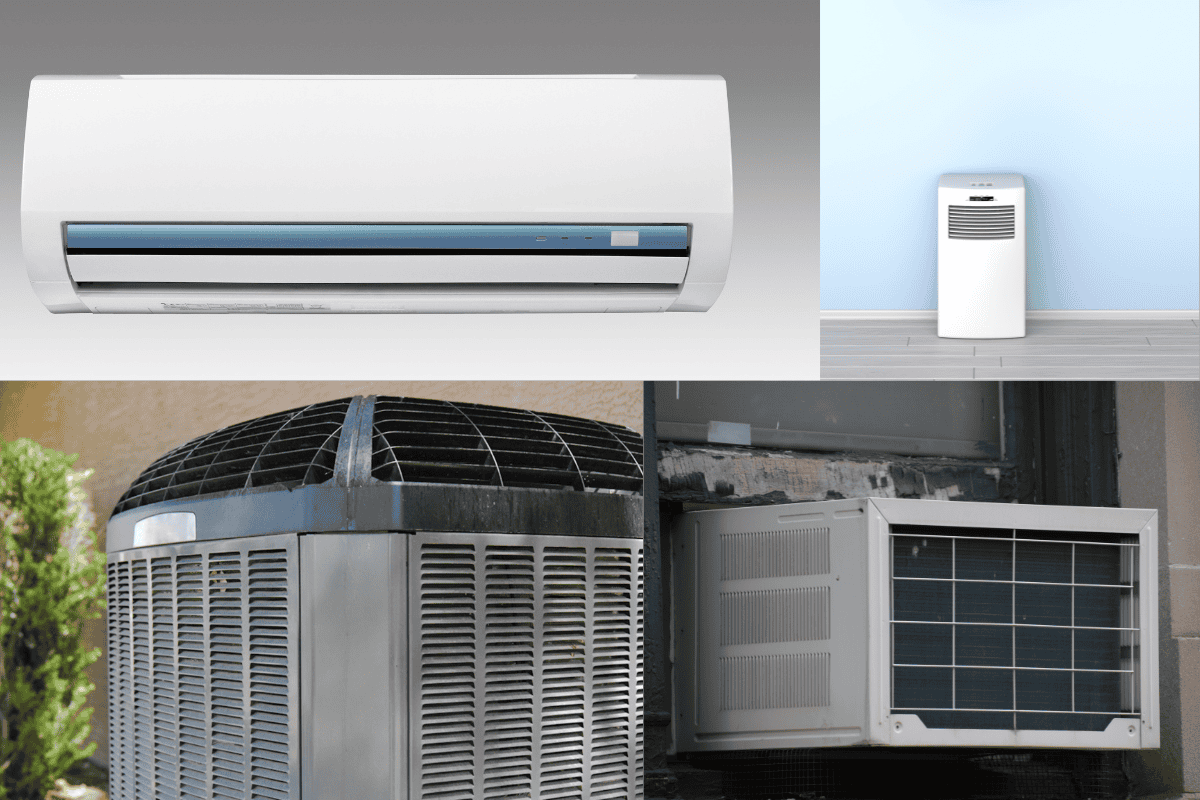
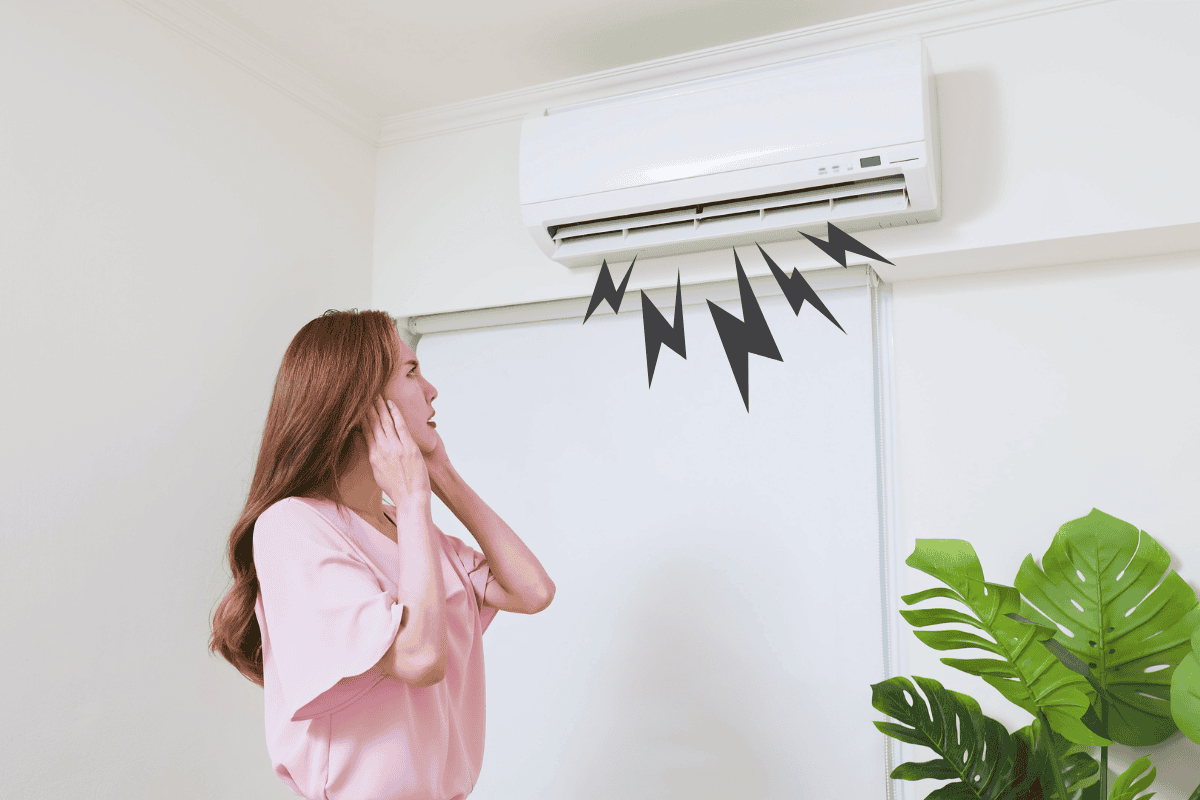
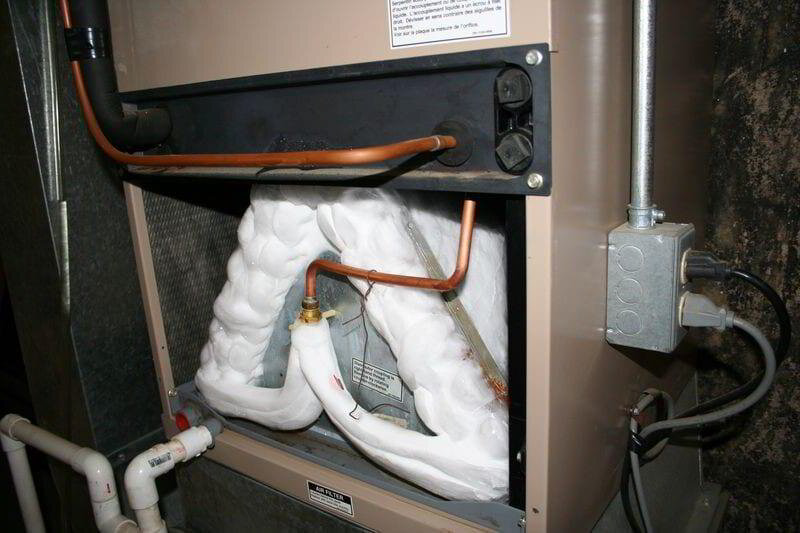
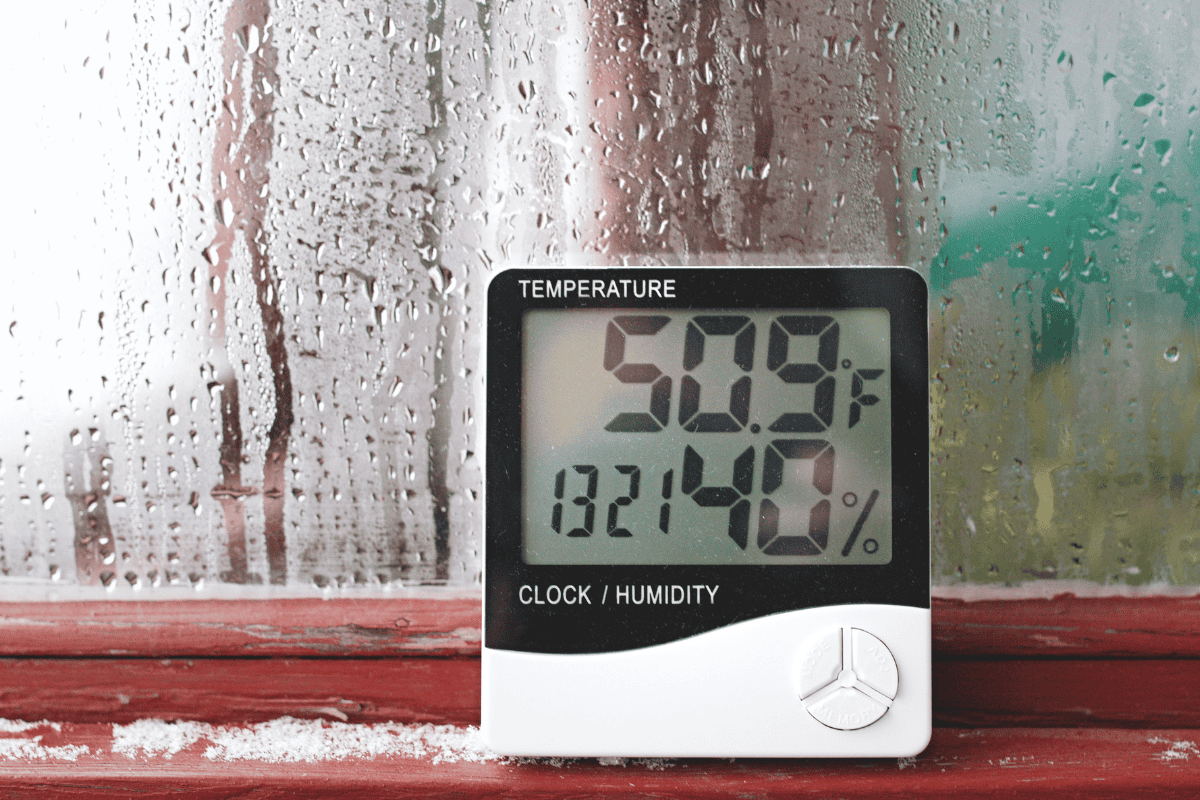

![9 Reasons That Causes an AC Unit to Freeze Up: [Troubleshooting Guide]](https://hvacangel.com/wp-content/uploads/2024/05/what-causes-a-ac-unit-to-freeze-up-1024x683.png)
